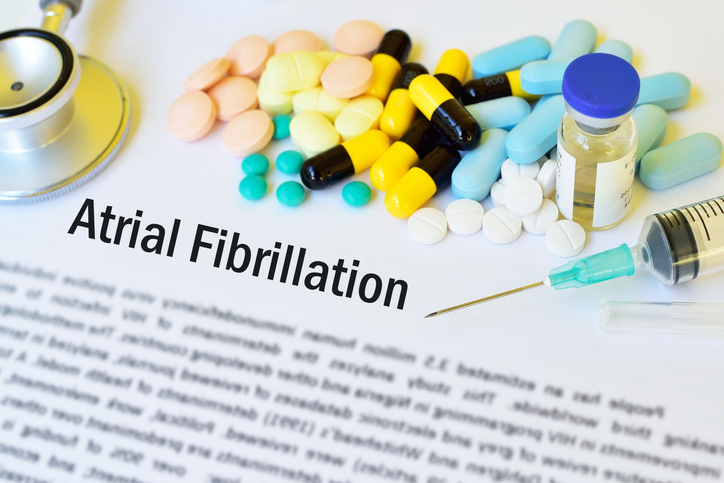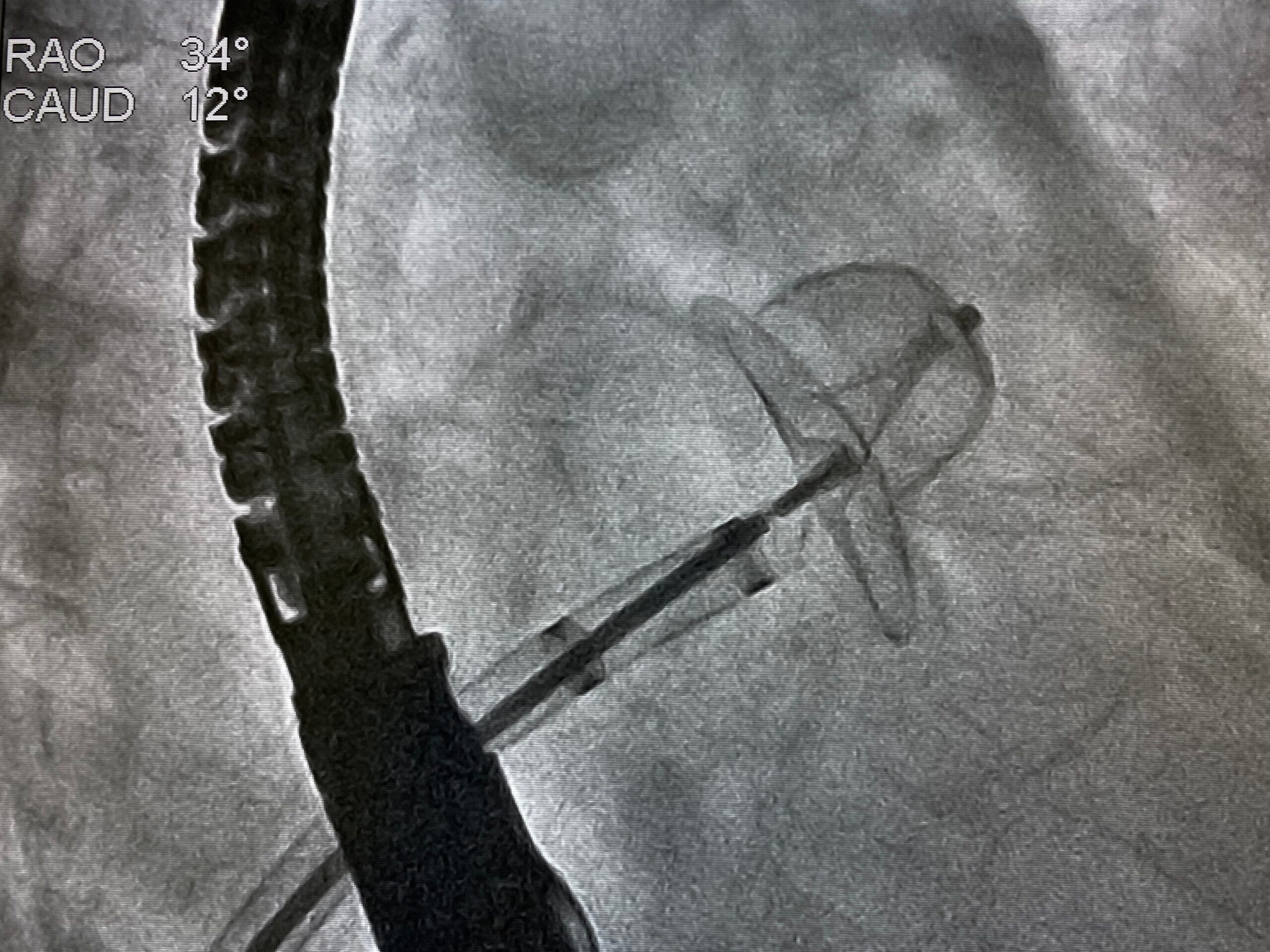
An Interview with Payal Kohli, MD on COVID-19, Cardiology, and Change
DocWire News talks with cardiologist Payal Kohli, MD, about her experiences and thoughts on COVID-19 and how it will impact cardiology practice (and medicine) going forward.
https://www.docwirenews.com/docwire-pick/cardiology-picks/covid-19-cardiology-and-lasting-changes-a-chat-with-payal-kohli-md/
–
Anticoagulation Linked with Better In-hospital Survival
This study conducted by researchers in the Mount Sinai Health System in New York City looked at 2,773 patients hospitalized with laboratory-diagnosed COVID-19. The researchers then used Cox proportional hazards models to determine the association between treatment-specific systemic anticoagulation (oral, subcutaneous or intravenous forms) and in-hospital mortality. Patients who were given systemic anticoagulation had lower mortality and a trend towards reduced risk for stroke compared with those not receiving it.
https://www.docwirenews.com/docwire-pick/cardiology-picks/covid-19-anticoagulants-and-in-hospital-survival-of/
–
Insulin Linked with Increased Mortality Risk in Diabetics with Nonvalvular AFib
Researchers for this prospective, historical cohort study included more than 12,000 patients with diagnosed atrial fibrillation and diabetes, including 3,510 (28.7%) who had insulin-requiring diabetes. Patients were divided into groups based on their diabetes therapy regiment (insulin vs. oral antidiabetic medication). The morality rate was significantly higher in those treated with insulin than those not treated with insulin (HR=1.38; 95% CI, 1.29 to 1.48).
https://www.docwirenews.com/docwire-pick/cardiology-picks/afib-diabetes-mellitus-insulint-increased-mortality-risk/
–
Familial Study Shows Family History May Not Reveal Those At Risk for Multiple Conditions
This large study of more than 49,000 individuals (mean age, 57 years; 55% female) showed that 441 (0.9%) had a pathogenic or likely pathogenic variant associated with one of the three genomic conditions: familial hypercholesterolemia, n=131 (0.3%); hereditary breast and ovarian cancer syndrome, n=235 (0.5%); and Lynch syndrome, n=76 (0.2%). Patients with the variants had a greater risk for the associated disease: familial hypercholesterolemia, 21.4% of carriers versus 9.4% of noncarriers developed atherosclerotic cardiovascular disease; hereditary breast and ovarian cancer syndrome, 27.6% of female carriers versus 7.7% of female noncarriers developed associated cancers; and Lynch syndrome, 22.4% of carriers versus 1.9% of noncarriers developed colorectal or uterine cancer.
https://www.docwirenews.com/docwire-pick/hem-onc-picks/all-in-the-family-history-does-not-identify-patients-at-high-risk-of-cancer-cvd-caused-by-pathogenic-variants/







 © 2025 Mashup Media, LLC, a Formedics Property. All Rights Reserved.
© 2025 Mashup Media, LLC, a Formedics Property. All Rights Reserved.